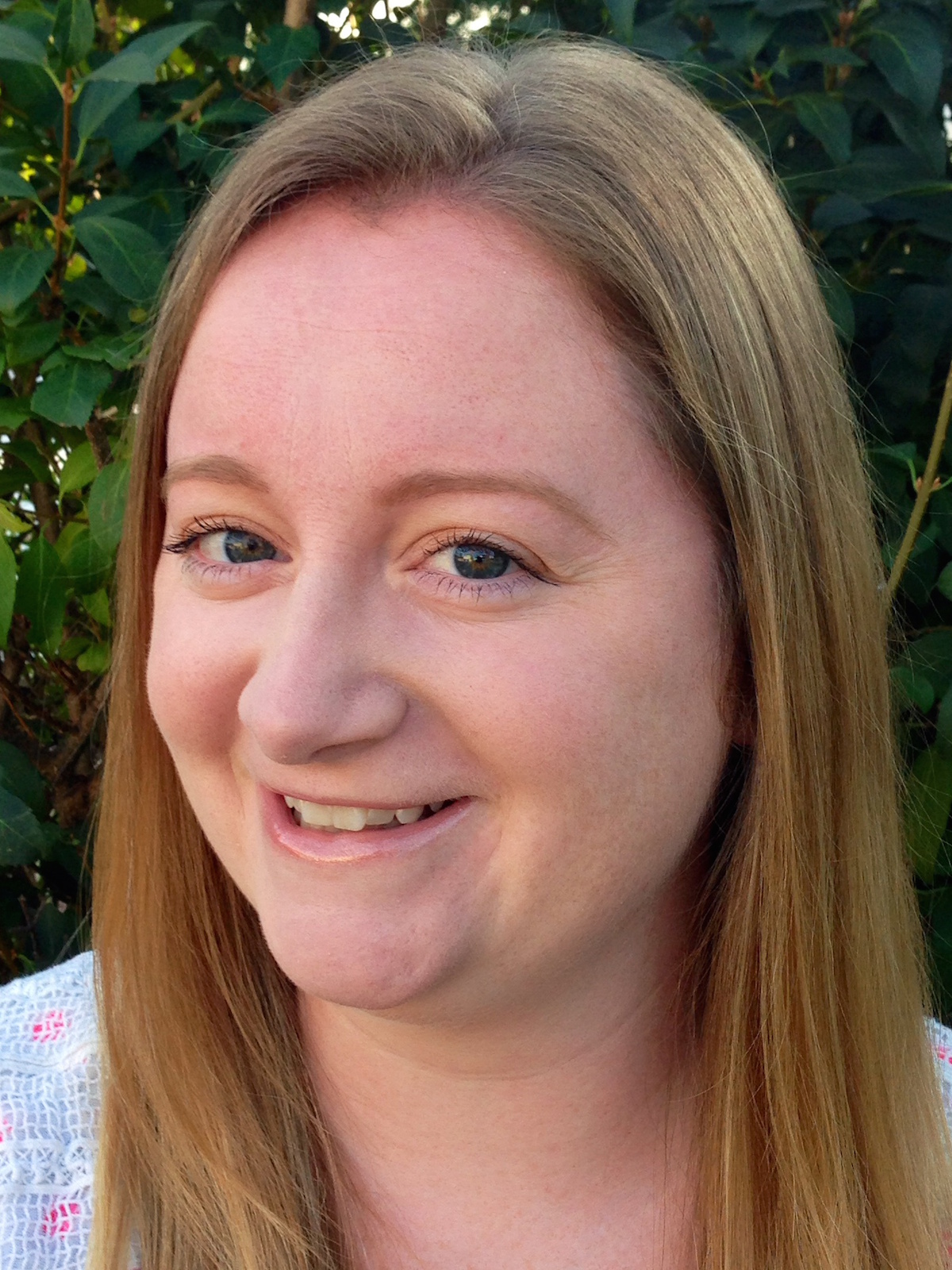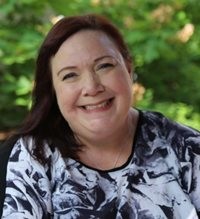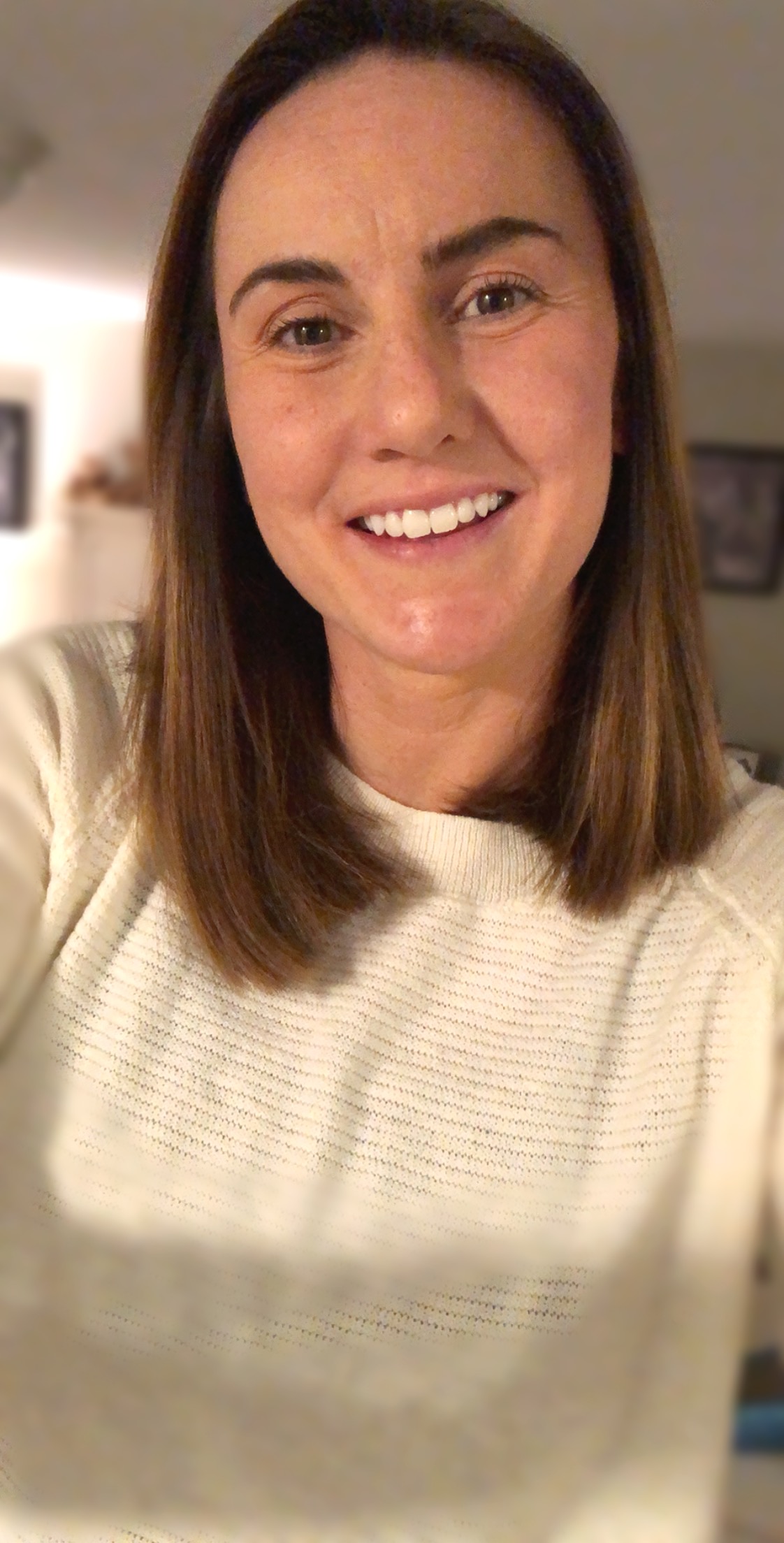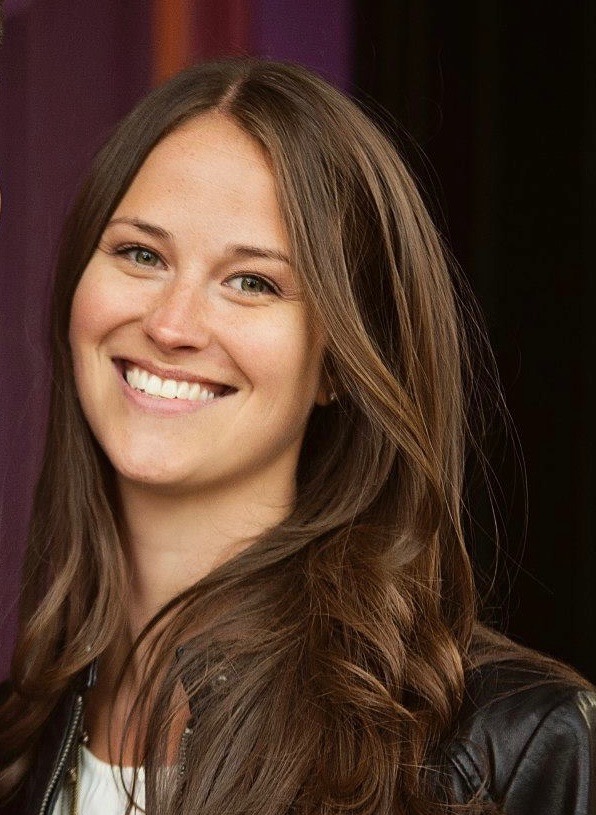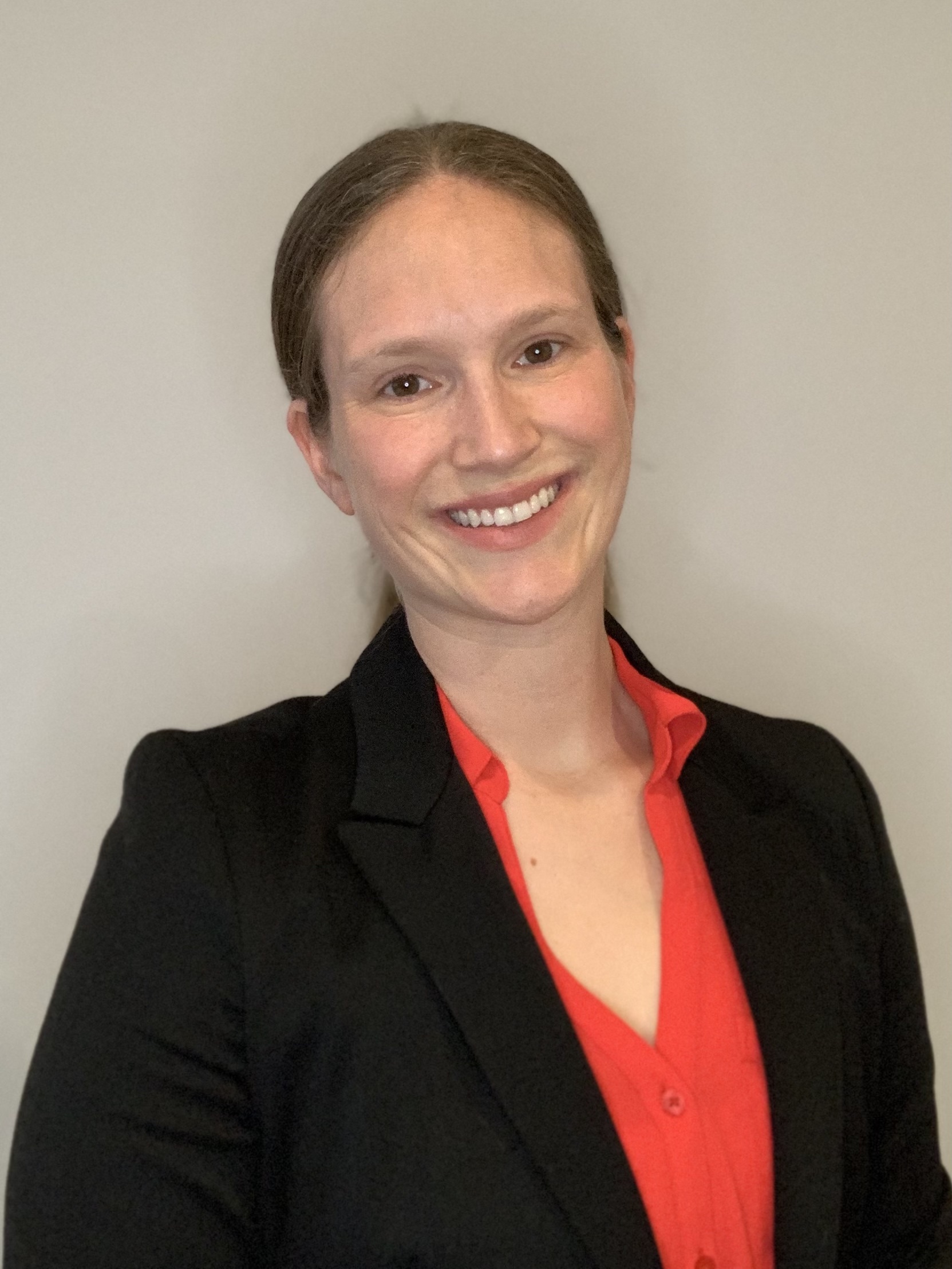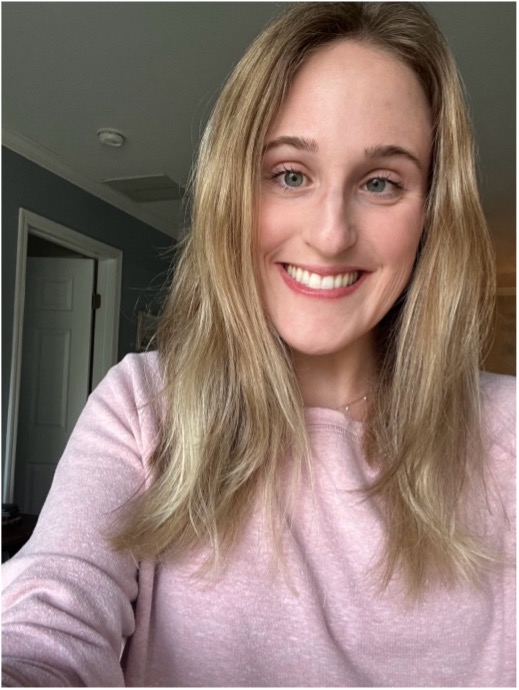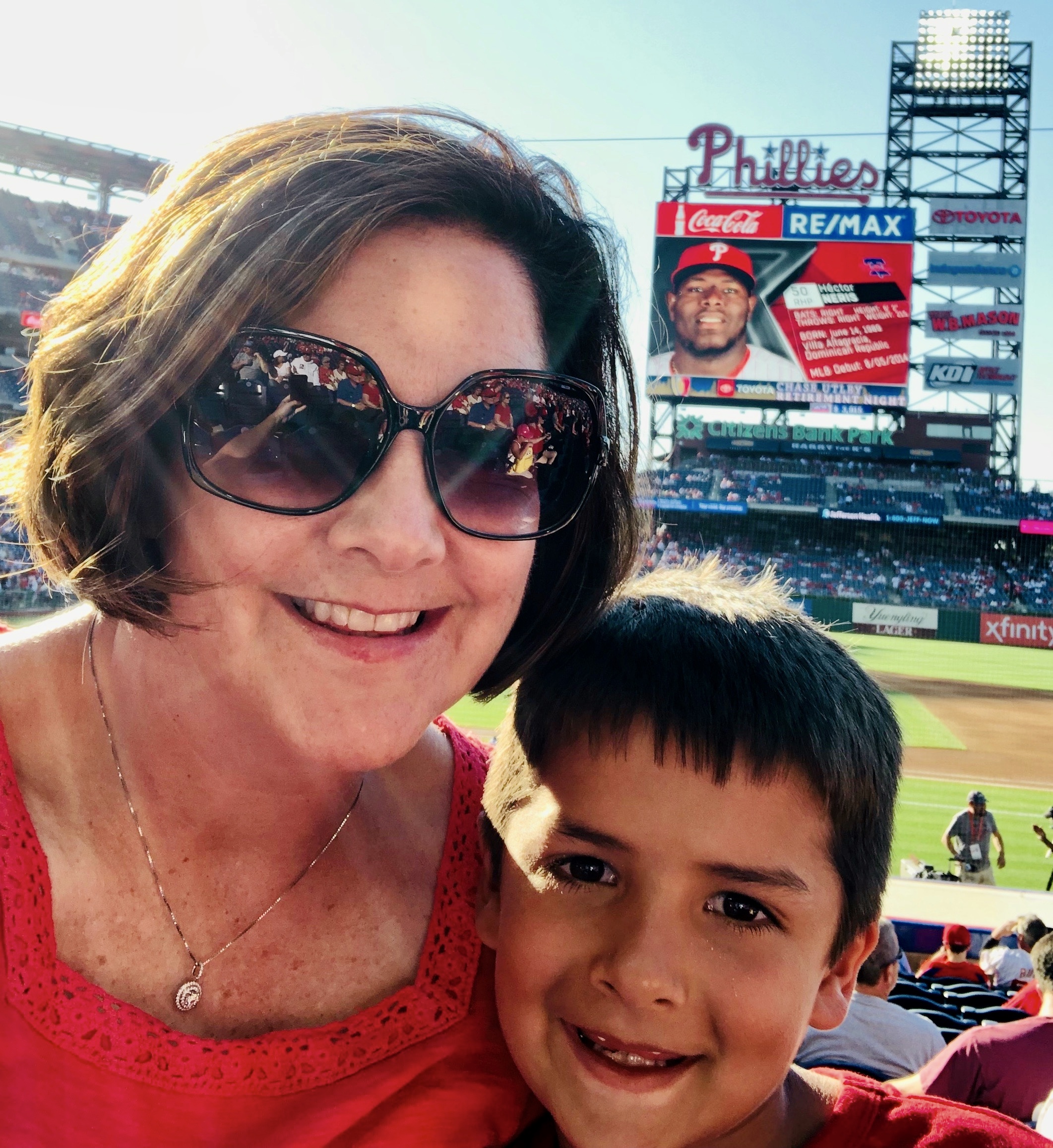Frequently Asked Questions About Our Content
Table of Contents
How often is the website content updated?
Most of our content is updated at least every two years. A piece may be updated sooner if there is a change in practice or guidelines. Every article has a date at the top so that you will always know when something was last updated.
Who writes the content?
Our editorial staff consists of oncology nurses, social workers, public health professionals, and radiation therapists, most of whom have spent many years working in clinical settings. They review the medical literature and use their clinical knowledge and understanding of plain language communication to make this information accessible to patients and families. We have access to experts from all areas of cancer care at Penn Medicine and other centers who graciously give their time to review and write content. We also have guest contributors who help us to add to our library of creative and artistic content. We also have an established editorial board to review content.
What is the reading level of the content?
We use plain language principles in our writing. Plain language is communication your audience can understand the first time they read or hear it. Many people ask about the grade reading level of our articles. While many of our articles score at 7th grade or below, we do not aim for a specific grade level because our goal is to help the patient and family understand what they will hear from their providers. A patient with prostate cancer needs to understand what “prostatectomy” means as this term will most certainly be used by their providers. However, using that word makes an article score above a high school reading level!
In addition, if you look around our website, we have content written at all levels, from novice patients to information for providers. We do not segregate the content and a patient is able to dive as deep as they like. A good example is our "Staging and Treatment" series on different cancer types. These are not written in a simple manner, but we know that some people want to dive deeper and it is not always easy to find this information online.
What references are used to research topics?
We do searches of the medical literature on the topic at hand. We often reference websites of reliable organizations. We tap into the experts working on the topic for clarification and clinical input. We have made an effort to include references at the bottom of our articles. Our OncoLife survivorship care plan has a reference list, as does our Reduce My Risk tool.
How is your Spanish content translated?
A lot of our content is available in Spanish. We use a third-party translation service that has extensive experience working with medical translations. In addition, we have native Spanish speakers on staff who vet the translations and work on the Spanish part of the website to make it user-friendly for our Spanish-speaking audience. We use generic Latin American Spanish for our translations.
What type of research do you do?
OncoLink® conducts research through our educational tools and surveys on our website. Learn more about our research on the website, about survivorship care, and about cancer risk reduction.
Meet Our Core Writing Team
Karen Arnold-Korzeniowski, MSN, RN
After graduating with a bachelor’s degree in Nursing from West Chester University of Pennsylvania, Karen practiced as an acute care nurse on a medical-oncology unit at the Hospital of the University of Pennsylvania for several years. She joined OncoLink® as an Educational Content Specialist in 2014 and is currently the Managing Editor. She has experience both professionally and personally with cancer and uses these real-life experiences as inspiration for her work with OncoLink. She has a Master's degree in nursing education.
Christina Bach LCSW, MBE, OSW-C, FAOSW
Christina is a clinical oncology social worker and Oncolink’s Psychosocial Content Editor. Christina is also an instructor and field liaison at the Graduate School of Social Work and Social Research of Bryn Mawr College. Christina focuses her clinical practice on biopsychosocial care of cancer patients and their caregivers, financial toxicity, animal-assisted interventions/therapy, and distress management. She is the social work facilitator of the Philadelphia Multiple Myeloma Networking Group and serves on the Board of Oncology Social Work Certification. Christina also has a Master in Bioethics and specializes in her work in this field on the intersection of technology, social media, ethics, and healthcare. Christina loves to volunteer in cancer settings with her certified therapy dogs, Linus and Huckleberry (and Eugene in training). In her spare time, she loves to travel, watch her beloved Philly sports teams, knit, and spend time outdoors with her pups and friends.
Marisa Healy, BSN, RN
Marisa worked at the Hospital of the University of Pennsylvania on a medical-oncology unit for several years. She then worked as an outpatient infusion nurse and as a per diem home hospice nurse. She also has her Bachelor’s degree in English Literature from the University of Scranton, where she played basketball and made many lifelong friends. Originally from Philadelphia, she now resides in Mt. Ephraim, NJ. She spends her free time in Cape May, skiing in the Poconos, and spending time with her family and friends, including her dog Luna.
Courtney T. Misher, MPH, BSRT(T)
Courtney is a Radiation Therapist at Penn Medicine in the Department of Radiation Oncology. She completed her Bachelor’s Degree in Radiation Therapy from Indiana University and received her Master’s Degree in Public Health with concentrations in Health Management and Policy and Health Education and Promotion from Benedictine University. She has fifteen years of experience in radiation therapy, which includes expertise in proton therapy and pediatrics. Courtney has worked with OncoLink® since 2014 but joined full-time in 2020 as a Global Education Coordinator.
Katherine Okonak, LSW
Katherine is a licensed social worker who received her Master’s degree in Social Work from the University of Pennsylvania. She is one of OncoLink’s Oncology Educational Content Specialists. Her passion for working in oncology started while she was in grad school when she had the opportunity to intern at an outpatient cancer center. She then went on to work as a hospital-based clinical social worker in both Adult and Pediatric Hematology/Oncology. She also has experience in both psychosocial research and trauma-informed care. Katherine is passionate about improving the lives of patients and families as well as supporting clinicians through access to high quality education and ongoing research to improve and support clinical practice and patient outcomes.
Allyson Van Horn, MPH
After graduating from West Chester University of Pennsylvania with her bachelor’s degree in psychology, Allyson worked in an outpatient psychiatry office as a technician and then as a health educator in primary care. She then went on to graduate from Temple University with a master’s degree in public health with a focus in social and behavioral sciences. Her passion for health education for cancer helps her with her work at OncoLink. She enjoys taking barre classes, listening to music, and taking walks with her dog, Rosie.
Carolyn Vachani, MSN, RN
Carolyn Vachani is an oncology advanced practice nurse and the Innovation Director at OncoLink®. She has worked in many areas of oncology including BMT, general medical oncology, clinical research, radiation therapy, and staff development. She was the project leader in the development and continued maintenance of the OncoLife Survivorship Care Plan and has a strong interest in oncology survivorship care. She enjoys discussing just about any cancer topic, as well as gardening, cooking, and, of course, her sons.
